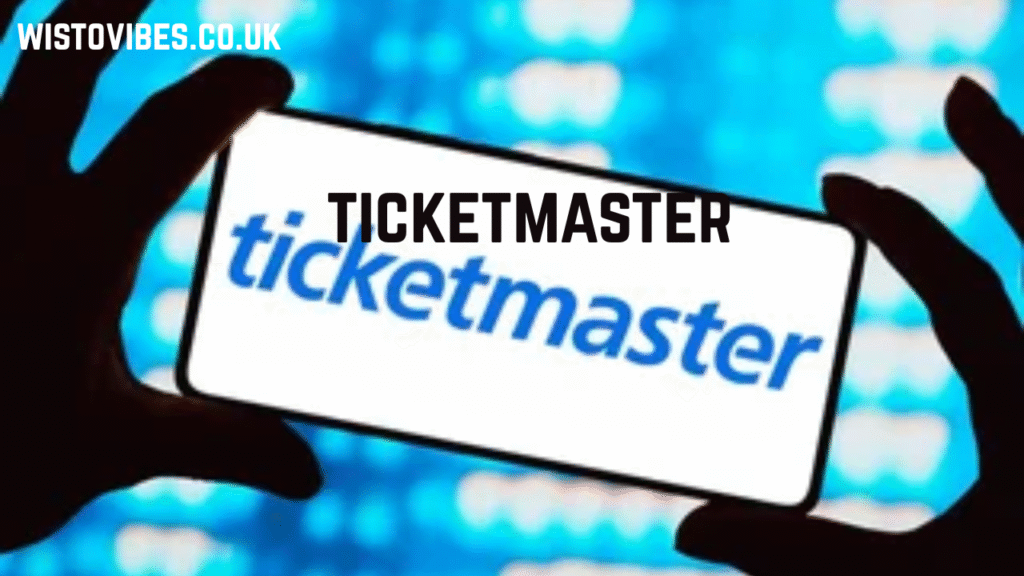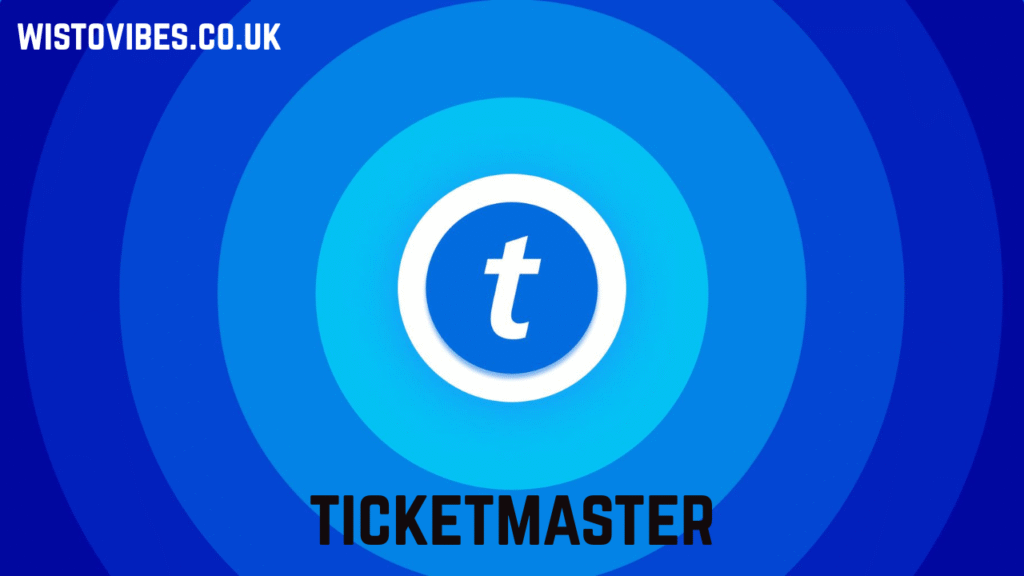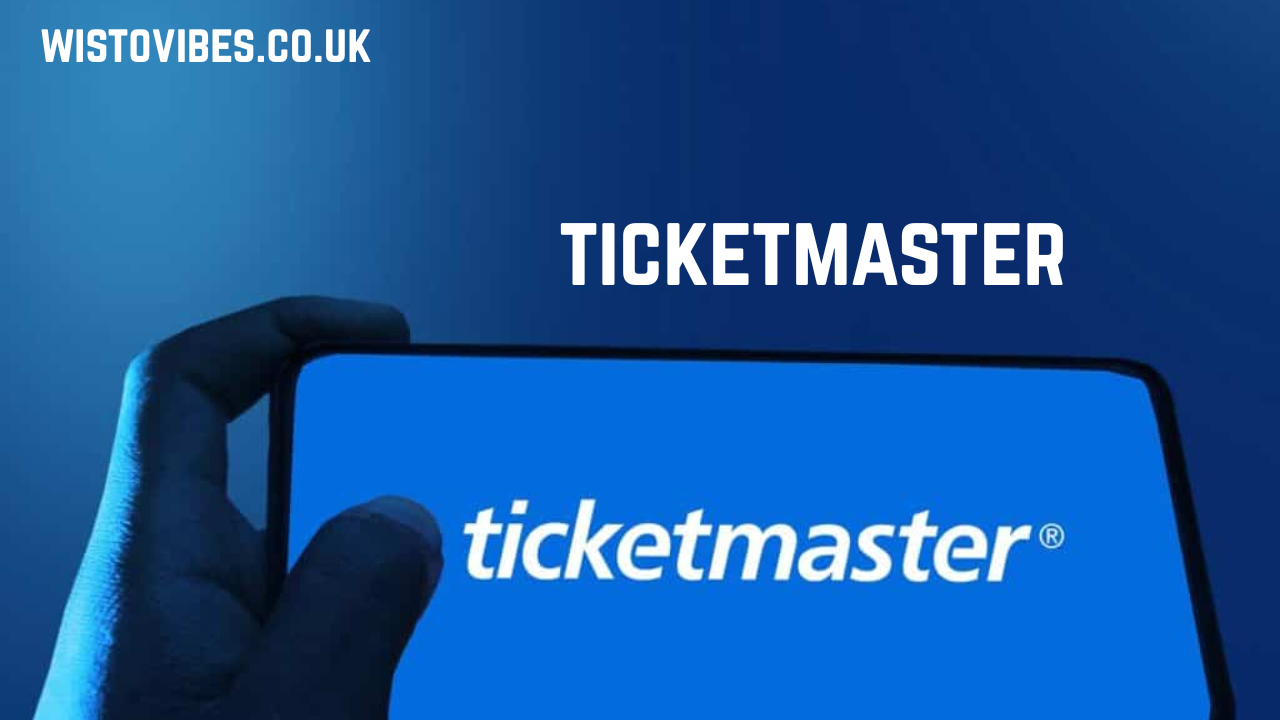Ticketmaster is one of the most well-known names in the ticketing industry, recognized globally for being a platform that connects audiences with live events ranging from concerts, sports games, theater shows, festivals, and more. For decades, Ticketmaster has dominated the ticket distribution landscape by providing an organized system for purchasing and managing tickets. The company has become a central hub for fans who want guaranteed entry to their favorite events, but it has also been at the center of many discussions, from convenience fees to technological innovations. Understanding Ticketmaster means looking beyond just the ticket-purchasing process—it means understanding how the live event industry functions as a whole.
The History and Evolution of Ticketmaster

Ticketmaster was founded in the 1970s, initially operating as a small ticket distribution company that managed paper tickets. Over time, it expanded to adopt digital ticketing and secure online platforms as technology advanced. By the 1990s and early 2000s, Ticketmaster had become the primary ticket distributor for most large venues across North America. Its merger with Live Nation in 2010 further cemented its dominance in the entertainment industry, giving the company unparalleled control over live events, venue management, and artist partnerships. This history highlights how Ticketmaster evolved from a small service provider to a global powerhouse in event management.
Ticketmaster and Live Nation Merger

One of the most defining moments in Ticketmaster’s history was its merger with Live Nation, a global live events company. This merger created Live Nation Entertainment, one of the most powerful entities in the music and events industry. Ticketmaster benefited by gaining direct access to major tours, concerts, and events while Live Nation secured a stronghold on ticketing operations. While this partnership streamlined event organization, it also raised concerns over monopolistic practices. Many critics argued that the merger gave Ticketmaster excessive power in controlling prices, fees, and accessibility for fans. Still, the collaboration positioned Ticketmaster as a giant in the ticketing and live events ecosystem.
How Ticketmaster Works for Consumers
For customers, Ticketmaster operates as a straightforward ticket-purchasing platform. Fans browse events on the Ticketmaster website or mobile app, search for seats, compare pricing tiers, and complete purchases in real time. Tickets are delivered digitally, often linked directly to mobile devices, reducing the risk of loss or theft. Ticketmaster also provides additional services such as refund guarantees, ticket transfers, and resale options, offering consumers more flexibility. By simplifying the process of finding and purchasing event tickets, Ticketmaster has made itself an indispensable part of the entertainment experience.
Ticketmaster’s Role for Artists and Promoters

Ticketmaster is not just about selling tickets to fans—it plays a crucial role for artists, venues, and promoters. For artists, Ticketmaster ensures organized ticket distribution and helps minimize fraud. Promoters benefit from Ticketmaster’s extensive marketing reach, secure transaction systems, and ability to handle large-scale events efficiently. Venues rely on Ticketmaster for logistics, ticket scanning, entry management, and seating arrangements. This multi-layered support system makes Ticketmaster not only a ticketing platform but also a partner in event success.
The Technology Behind Ticketmaster
Technology has been central to Ticketmaster’s success. The company has moved far beyond physical tickets and now relies heavily on digital platforms. With mobile apps, barcodes, and QR codes, Ticketmaster provides real-time ticket validation and secure entry. Advanced data analytics are also used to predict demand, manage pricing strategies, and detect fraudulent activity. Ticketmaster’s Verified Fan program uses algorithms to prioritize real fans over automated bots during high-demand sales. These innovations have made Ticketmaster a leader in integrating technology into the live events experience.
Ticketmaster and Dynamic Pricing
Dynamic pricing is a controversial feature associated with Ticketmaster. Instead of offering fixed ticket prices, dynamic pricing allows ticket costs to fluctuate based on demand, similar to airline tickets or hotel rooms. This practice often results in significantly higher prices for high-demand events, leading to criticism from fans who feel priced out. While Ticketmaster defends the system as a way to ensure tickets go to real fans rather than scalpers, it has sparked debates about affordability, fairness, and access in the live entertainment world.
The Issue of Ticketmaster Fees
One of the most frequently discussed aspects of Ticketmaster is its fees. Customers often encounter service fees, facility fees, and processing charges that can dramatically increase the total cost of a ticket. These fees are a major source of revenue for Ticketmaster but remain unpopular among fans. Over the years, transparency regarding fees has improved slightly, but many consumers still view them as excessive. The issue of fees has been central to public complaints and even legal scrutiny regarding Ticketmaster’s business practices.
Ticketmaster and Scalping Problems
Scalping, or reselling tickets at inflated prices, has long plagued the ticketing industry. Ticketmaster has faced challenges in preventing scalpers and bots from buying tickets in bulk during presales and reselling them for profit. To combat this, Ticketmaster introduced measures like the Verified Fan system, timed entry into sales, and anti-bot technology. Despite these efforts, scalping remains a persistent issue that frustrates both fans and artists. The ongoing struggle highlights the complexity of balancing open sales with fair distribution.
Ticketmaster’s Resale Marketplace
To address the resale problem, Ticketmaster developed its own official resale platform where fans can legally resell tickets at market-driven prices. This creates a more secure environment for secondary sales compared to unregulated resale sites. Buyers can be confident in the legitimacy of tickets purchased through Ticketmaster’s marketplace, while sellers gain a trusted outlet for recouping their investment. However, critics argue that Ticketmaster profits from both the original and resale transactions, leading to debates about fairness in the marketplace.
Ticketmaster and Global Reach
Ticketmaster is not limited to the United States—it has expanded to operate globally, covering markets in Europe, Canada, Australia, and other regions. This international presence allows Ticketmaster to connect fans with artists and events worldwide. By leveraging its network of venues, promoters, and event organizers, Ticketmaster has become a go-to platform for global entertainment. The ability to purchase tickets internationally has also strengthened the bond between fans and their favorite performers across borders.
Ticketmaster’s Influence on the Music Industry
Ticketmaster plays a significant role in shaping the music industry. Because it controls so much of the ticketing process, Ticketmaster influences tour planning, ticket allocation, and even artist exposure. For major performers, partnering with Ticketmaster ensures large-scale organization and ticket availability. Smaller artists may face challenges in gaining visibility, but Ticketmaster still provides them with structured distribution channels. Overall, Ticketmaster has become deeply embedded in the way music is consumed and experienced live.
Ticketmaster and Sports Events
Beyond concerts, Ticketmaster is heavily involved in the sports industry. Many professional sports leagues and teams rely on Ticketmaster for managing ticket sales, season passes, and premium seating. The platform helps fans access tickets for football, basketball, baseball, hockey, and international sporting events. With features like mobile ticket entry and resale opportunities, Ticketmaster streamlines the fan experience for sports enthusiasts while giving teams advanced tools to manage attendance.
Ticketmaster and Theater Productions
In addition to music and sports, Ticketmaster has a strong presence in the theater industry. Broadway shows, touring productions, and local theater groups often rely on Ticketmaster for ticket distribution. By providing flexible seating charts and purchasing options, Ticketmaster ensures theatergoers can secure seats that meet their preferences and budgets. The platform’s ability to handle complex seating arrangements and diverse event types makes it highly valuable to performing arts organizations.
Ticketmaster During the Digital Age
As live events increasingly shift toward digital solutions, Ticketmaster has adapted to remain competitive. Digital ticketing has become the norm, with mobile apps replacing paper tickets in most major venues. Contactless entry, real-time updates, and customer support through digital platforms have all become part of the Ticketmaster experience. This shift has not only modernized the ticketing process but also improved security and convenience for fans.
Ticketmaster and Customer Experience
Customer experience is at the heart of Ticketmaster’s services, though it has been both praised and criticized. Fans appreciate the ease of finding and purchasing tickets, as well as the digital tools that enhance convenience. However, frustrations with long queues, sold-out events, and high fees often overshadow these positives. Ticketmaster continues to refine its systems, offering waiting rooms, presales, and loyalty programs to improve user satisfaction.
Ticketmaster Controversies and Criticism
Despite its success, Ticketmaster has faced intense criticism over the years. Issues such as monopolistic practices, high fees, dynamic pricing, and scalping have led to public backlash and even government inquiries. Many fans feel that Ticketmaster’s dominance limits competition and restricts options for affordable access to live events. These controversies highlight the ongoing tension between business efficiency and customer satisfaction in the ticketing world.
The Future of Ticketmaster
Looking ahead, Ticketmaster is likely to continue innovating with technology to stay relevant in the fast-changing entertainment landscape. Blockchain technology, AI-driven personalization, and enhanced fraud prevention are some of the areas Ticketmaster may explore. The company’s focus will likely remain on balancing accessibility, affordability, and security while maintaining its stronghold as the leading ticketing service provider worldwide.
FAQs on Ticketmaster
What is Ticketmaster?
Ticketmaster is a global ticket distribution and sales company that provides ticketing services for concerts, sports, theater, and live events.
Why are Ticketmaster fees so high?
Ticketmaster fees cover operational costs, convenience services, and revenue-sharing with venues and promoters, though many fans consider them excessive.
What is Ticketmaster’s Verified Fan program?
Verified Fan is a system designed to prioritize real fans over bots and scalpers during high-demand ticket sales.
Can I resell tickets on Ticketmaster?
Yes, Ticketmaster has an official resale marketplace where fans can securely buy and sell tickets.
Is Ticketmaster available worldwide?
Yes, Ticketmaster operates in multiple countries across North America, Europe, and beyond, offering global access to live events.
Read More: La Fonda Sue Honeycutt: A Comprehensive Insight into Her Life and Legacy




